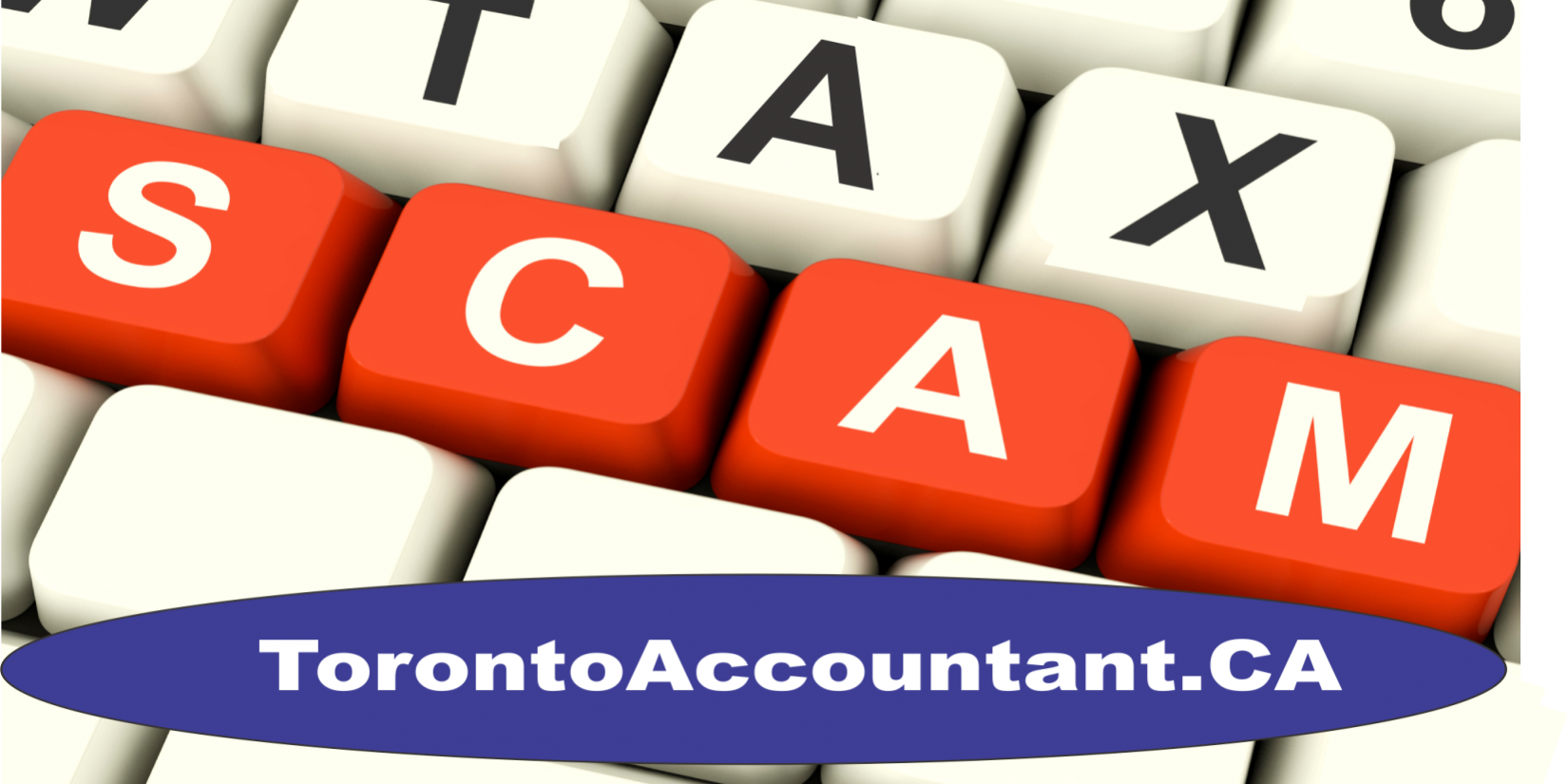March is the month where a push is made on creating the awareness of potential fraud. There are tons of different types of fraud that can occur. The type that you really want to be on the watch for is tax frauds in the form of tax scams.
One of the latest to be reported is email money transfers. Whenever something comes along that might make things easier for us, at the same time unscrupulous individuals will look for ways they can capitalize on it.
Online banking is a great convenience, and it has presented an easy method of transferring money though email transfers. Of course the “would be” crooks are looking at this as a potential opportunity for them.
The CRA is alerting the public about this latest type scam.
Remember that the CRA is very astute at how they collect personal information from you. As soon as personal information like your social insurance number, credit or bank account information or even your passport numbers are being requested from you, it should raise a red flag.
These scam requests could be made by telephone, mail or email. It might look like it is coming from the CRA, but it actually isn’t. The individual requesting the information may say they need it because you are going to receive a tax refund or some other benefit. They may even refer you to a web site that looks very much like an authentic CRA site. Here they will ask you to verify your personal information by entering on their forms. This is all fraudulent action that you must be aware of.
Keep this in mind:
The tax department will not send you emails requesting personal information.
The tax department does not release any of your personal information to a third party without your personal consent.
If you have a message on your answering machine from the CRA it should only be a request to call them, and not be divulging any of your personal information.
Watch for the red flags when you think you are corresponding with someone from the CRA. If you aren’t expecting any money from the CRA, but this individual is leading you to believe that you are entitled to something, then you need to be cautious. Or, are you being asked for additional information that normally would not be put on your tax return? Also, if you are getting this contact via email, how did the CRA get your email address?
To see some great examples of how fraudulent emails might look you can see them here at the CRA’s website.
If you are concerned about any requests that you may be getting speak to your accountant about this, and they should be able to advise you as to how you can confirm this with the CRA.


